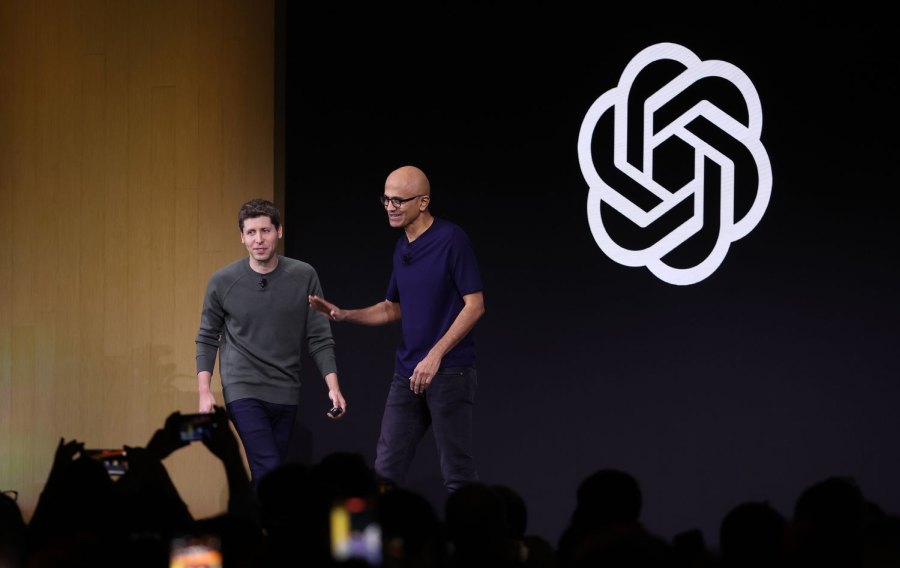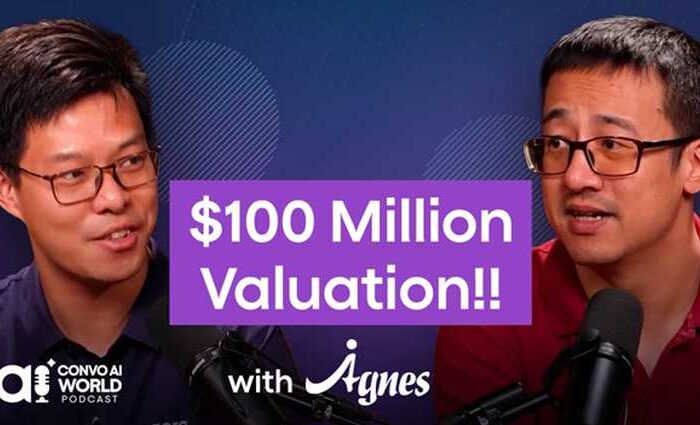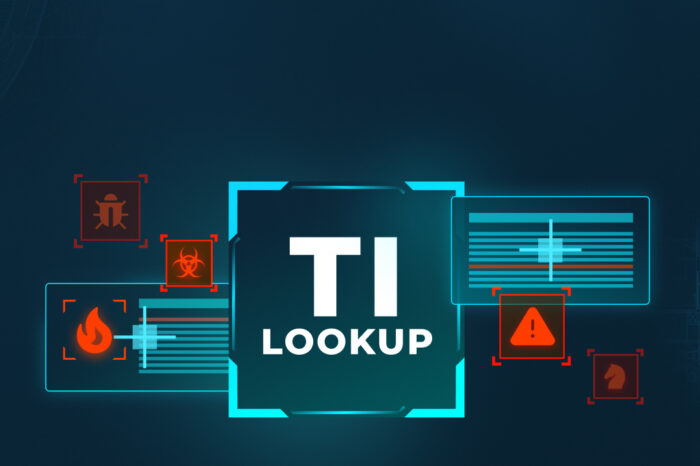OpenAI secures $6.6 billion in funding from Microsoft and Nvidia, now valued at $157 billion

After weeks of anticipation, OpenAI has successfully raised an impressive $6.6 billion in funding, a move that could push its valuation to $157 billion, solidifying its status as one of the most valuable private companies globally.
The funding round attracted returning investors such as Thrive Capital, Khosla Ventures, and OpenAI’s key corporate backer, Microsoft. Nvidia also joined as a new participant, marking another significant addition to OpenAI’s growing list of supporters.
This news follows reports from Bloomberg two weeks ago, which indicated that OpenAI was in talks to secure new funding at a $150 billion valuation—a substantial leap from its previous $86 billion. The announcement also coincides with ongoing internal restructuring and recent executive changes, including the abrupt exit of longtime Chief Technology Officer Mira Murati last week.
Other major players in the round included Altimeter Capital, Fidelity, SoftBank, and Abu Dhabi’s state-backed investment firm, MGX.
OpenAI’s Chief Financial Officer, Sarah Friar, informed employees that the new funding would allow for liquidity via a tender offer, providing them the opportunity to sell back shares, Reuters reported. However, no timeline or specific details have been confirmed. Earlier this year, OpenAI enabled employees to cash out shares at an $86 billion valuation.
Thrive Capital committed approximately $1.2 billion, using a combination of its own fund and a special purpose vehicle for smaller investors. They also negotiated the option to invest another $1 billion next year if OpenAI hits a specific revenue milestone, according to sources.
Notably, Apple had been in discussions to invest in OpenAI but ultimately did not participate in the round, according to sources who requested anonymity. Apple has not yet commented on the matter.
This funding not only strengthens OpenAI’s financial position but also reinforces its role as a dominant player in the AI space.
OpenAI’s growth surged in late 2022 with the release of its ChatGPT chatbot, a momentum that has carried forward with new product launches for businesses and a move into AI-generated photos and videos. OpenAI has doubled its weekly active users since late last year, reaching 200 million, according to the company.
This update follows a preview of OpenAI’s latest AI model, o1, which focuses on advanced reasoning and tackling complex problems. It also comes shortly after OpenAI CEO Sam Altman met with leaders from Anthropic, Nvidia, Microsoft, Google, Amazon, and several American energy companies at the White House to discuss AI’s role in energy infrastructure.
During the meeting, the group explored ways to align public and private sector efforts around AI’s energy consumption, data center needs, semiconductor manufacturing, and grid capacity, sources told CNBC.
As we reported earlier, despite surpassing $3.4 billion in revenue earlier this year, OpenAI is expected to face losses nearing $5 billion by the end of the year. The company has so far spent $8.5 billion on AI development and staffing, driving its growth to become the most highly valued AI startup.
This funding round is anticipated to be the largest for OpenAI since Microsoft’s significant investment in January 2023. Despite strong revenue numbers, OpenAI is facing substantial financial hurdles as it continues to pour resources into AI research and expand its operations.
Meanwhile, the current fundraising efforts are modest compared to the $7 trillion funding that OpenAI CEO Sam Altman reportedly aimed for in February. This ambitious funding was part of Altman’s strategy to significantly increase the global supply of AI chips.
Founded in 2015 by Sam Altman and Elon Musk, OpenAI started as a nonprofit focused on developing safe and beneficial artificial general intelligence. In 2020, it shifted to a commercial model, marking a significant shift in its strategy. Despite internal challenges, including Altman’s brief departure in November, OpenAI remains at the forefront of the AI industry, driven by the success of ChatGPT, launched in 2022.




